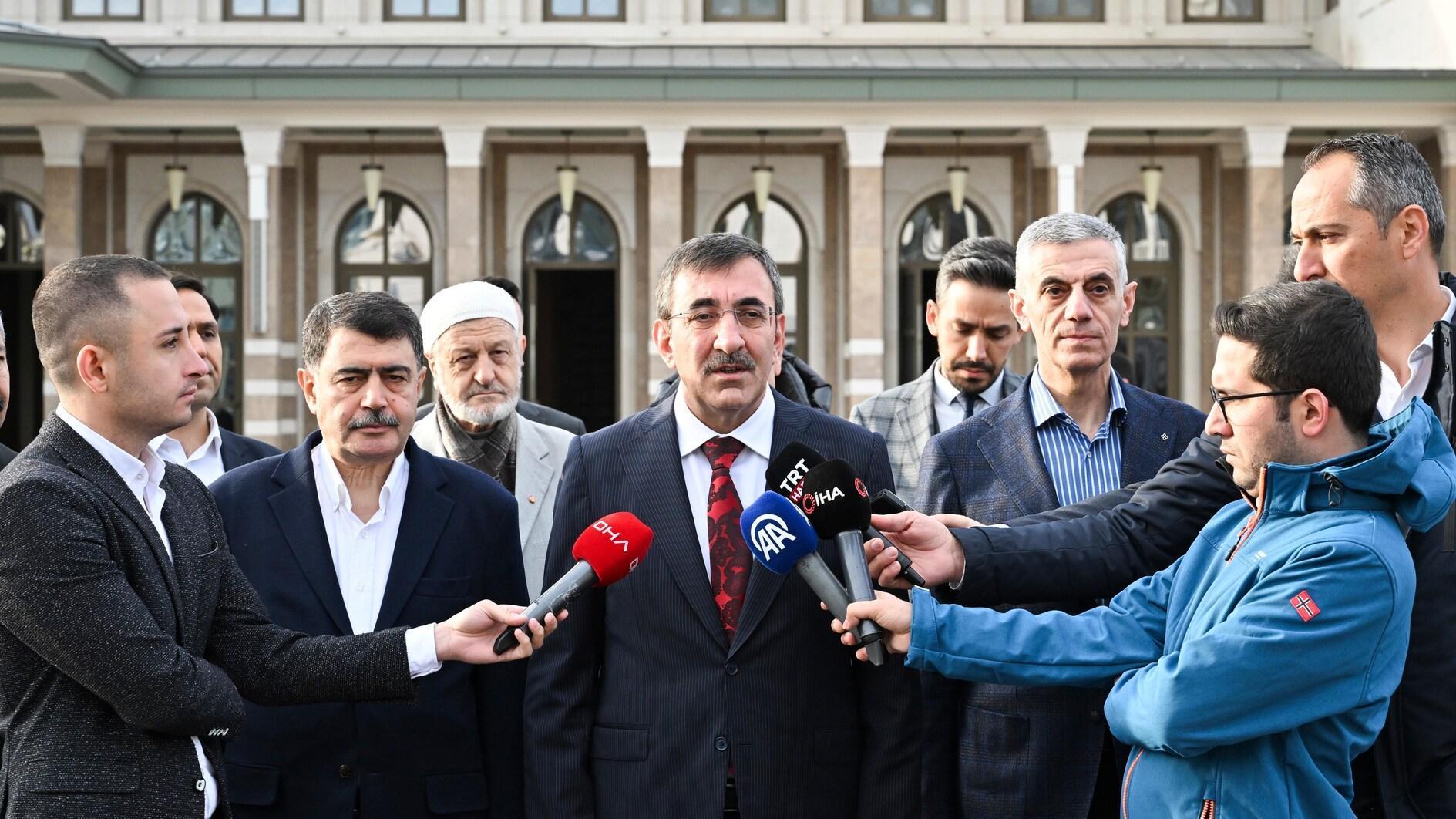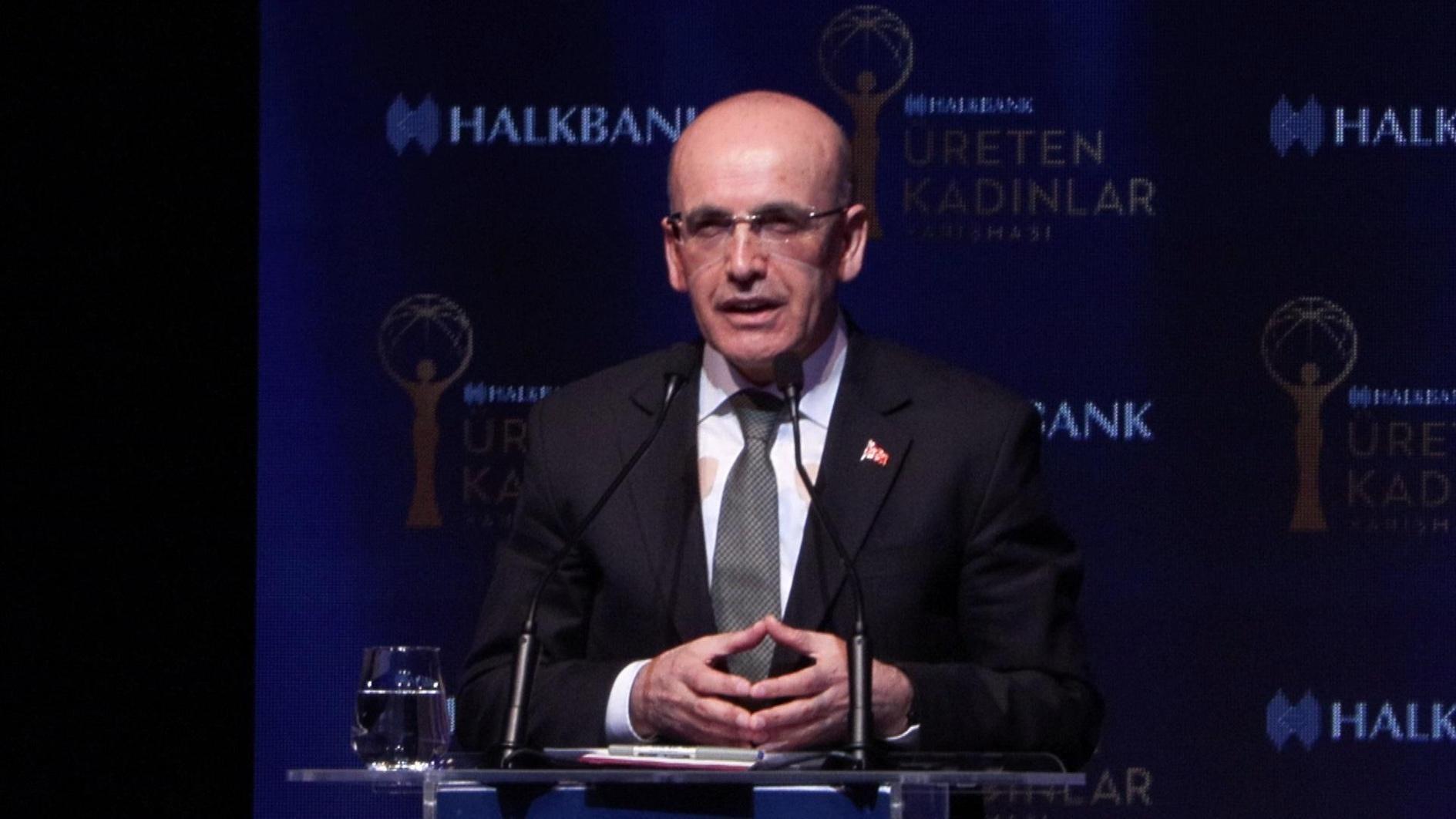It’s the people, not the AKP, who sent the military to the barracks
If the ruling Justice and Development Party (AKP) had opted to continue the democratic reform process rather than opting for authoritarian rule after 2010, it would have been recalled in the future as a government that left an immensely positive legacy behind. Unfortunately, it has been destroying with its own hands the progressive legacy it had built after over a decade in power.
Still, it will be remembered in the future as the party under whose governance the Turkish military’s role in political life was eradicated.
I could have formulated that sentence as follows: “The AKP became Turkey’s first party to have the courage to eradicate the military’s role in political life.” I did not do so because I am convinced it was the Turkish people who finally sent the soldiers where they belong.
That being said, it would definitely be wrong to not attribute any credit for this to the AKP government. On the contrary, their role has been central in bringing the military under civilian control. Indeed, the turning point was the AKP’s defiance of the military’s challenge to its rule in 2007. On April 27 of that year, an e-memorandum was posted on the military’s website, threatening the government over its plans to install AKP founder Abdullah Gül as president and arguing that the election of Gül, whose wife wears a headscarf, could undermine Turkey’s secular order.
The AKP did not bow down and decided instead to call early elections, in order to test its power vis-a-vis the military. The election results proved how the military had made a strategic miscalculation, as its e-memorandum certainly contributed to the election victory of the AKP, which even saw a further increase in its votes. Voting behavior was certainly not limited to the memorandum, but the electorate made it clear that it no longer wanted the military to interfere in domestic political affairs.
What ensued was an assault against the military and civilians believed to be closely related to them.
Hundreds of military officers and civilians, including the former head of the Turkish General Staff, as well as journalists, were accused of plotting to topple the government and were imprisoned in the notorious Ergenekon and Sledgehammer (Balyoz) cases. While some believed in the authenticity of the case by simply looking at the past track record of the Turkish military, which had always kept a strong hand over domestic politics, others believed it was a witch hunt conducted by both the AKP and the Gülenists via its loyal members within the judiciary, who fabricated flimsy evidence.
As of today, all those imprisoned in both cases have been released and there is a general conviction that the evidence was false. Although the cases are not yet closed, pending retrials, the latest developments prove that the second group was right.
The tide has turned largely due to the end of the coalition between the AKP and the Gülenists. Another witch hunt has now started in the opposite direction - against those who are believed to be associated with the Gülenists or believed to be strong AKP critics.
Journalist Mehmet Baransu, a reporter for daily Taraf, who broke the story of the Balyoz case and delivered a whole suitcase of documents on the allegations to prosecutors in 2010, is probably the latest victim of that witch hunt. Back in those days, Taraf was hailed as a newspaper with the courage to challenge the military by reporting its apparently undemocratic actions. Now, there is a fierce debate among journalists about the role of the press and press members in such controversial cases. There is indeed a lot of to be said about it.
But I’d like to come back to the issue of the role of the Turkish military. Even if the army comes out with its hands totally clean from all these accusations, the fact remains that the army kept a strong hand over domestic politics until the mid-2000s. Let’s recall one more time that perhaps it was their final interference in 2007 that accelerated the AKP’s consolidation of power. Had they not issued the e-memorandum, the AKP’s trajectory could either have remained the same or changed. Yet one thing is for sure, it was the Turkish nation that objected to that e-memorandum and thus sent the military back to its barracks, to not come out any more and interfere in domestic politics.
Today, although we are witnessing the old secularist military-judicial tutelage being replaced by an Islamist police-judicial tutelage, I am convinced that those nostalgic about having a strong military as a panacea to Islamist authoritarian rule are only a small minority.











